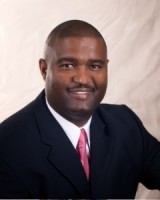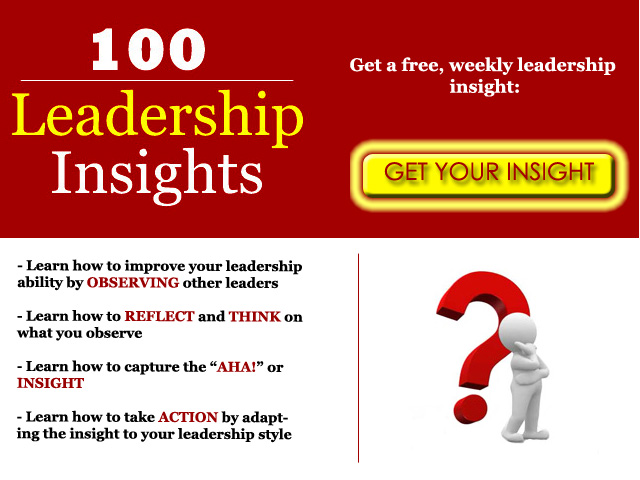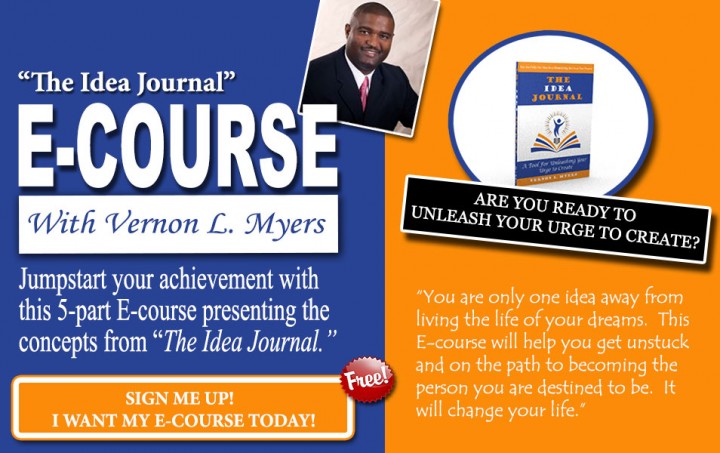Leaders Are Readers!

Leaders have an unquenchable thirst for knowledge; they have to know; they have to learn; they have to get as much information as possible. Leaders seek to learn from the experiences of other people to include those captured in the form of biographies, autobiographies, organizational histories, and life stories. Leaders want to know how other leaders have fared in their leadership journey; how they thought; what they did; what they learned…they want to constructively use other leaders’ life experiences as a guide to live by…or a model to learn from. The key is to look for insights that can be used to enhance your leadership ability in the present.
There are 1000s of books that capture the life lessons and experiences of successful men and women throughout history. This rich treasure trove of golden nuggets is literally right at your fingertips and the only thing it costs you, is your time. You have to take the time to pick up a book, read it, and digest the lessons within. You can’t stop there though; your quest for knowledge and insight is not over when you finish reading the book. Now, you need to figure out how to apply the lessons from the book to your life and work.
Leaders are faced with new situations on a daily basis; reading prepares a leaders mind to accept new ideas and new ways of thinking. Leaders read with a specific end state in mind, they are seeking to learn something to help them become better leaders. A leader is looking for ideas to help him get better at the craft of leadership and reading is a great way to do just that. Leaders are looking for knowledge and information that will help them make an impact…make a difference…and make needed changes.
Reading books, magazines, and newspaper articles also helps with:
- Staying abreast of current events;
- Learning a new skill;
- Gaining greater knowledge of a specific topic or subject area;
- Searching for lessons from other leaders experience;
- Learning about specific people, time periods, or events;
- Gathering material for a research project or paper;
- Delving deeper into topics of interest.
When a leader wants to know something, a resource on his chosen topic is as close as the nearest library or these days, Amazon.com or Barnes & Nobles on the internet. He can pick up a resource that gives him access to all of the world’s greatest minds and accumulated knowledge. A leader can learn anything he wants to by finding the right book to read and the right book can literally change your life.
A famous quote states that, “a mind once expanded with new possibilities cannot go back to its original state.” One of the best ways to expand your mind and to elevate your thinking is to read a great book. A book offers you the opportunity to read a passage, to think about it, and to chew it over in your mind until you grasp the essence of the information within. You can reread a book as many times as necessary for you to grasp the information presented. You can learn to do just about anything by reading a good book.
Reading good books opens a leader’s eyes to other possibilities, new vistas, and new ways of looking at old problems. Reading provides new insights, ideas, thoughts, viewpoints, and concepts that can be applied to a leaders’ current and future projects. Reading a good book can serve as the ultimate idea generator or a way to ease your mind while other ideas are percolating.
Tips for becoming a leader who reads:
- Identify a topic that you want to learn more about;
- Go online or visit your local library or bookstore to find a book that covers the topic you are interested in;
- Read the book once for overview purposes; read the book twice to better understand the ideas presented; read the book a third time to understand how you can apply the ideas to your situation or other problem areas;
- Read a variety of books – read history, business, fiction, politics, science – in other words read books outside of what you would normally be expected to read;
Take note of key ideas while you read; ideas that strike you as the most pertinent to your circumstances – don’t think that you will come back and write them down later; do it now – this way you will capture the lessons that are most relevant to you; thus, enabling you to use them in the future.







Recent Comments